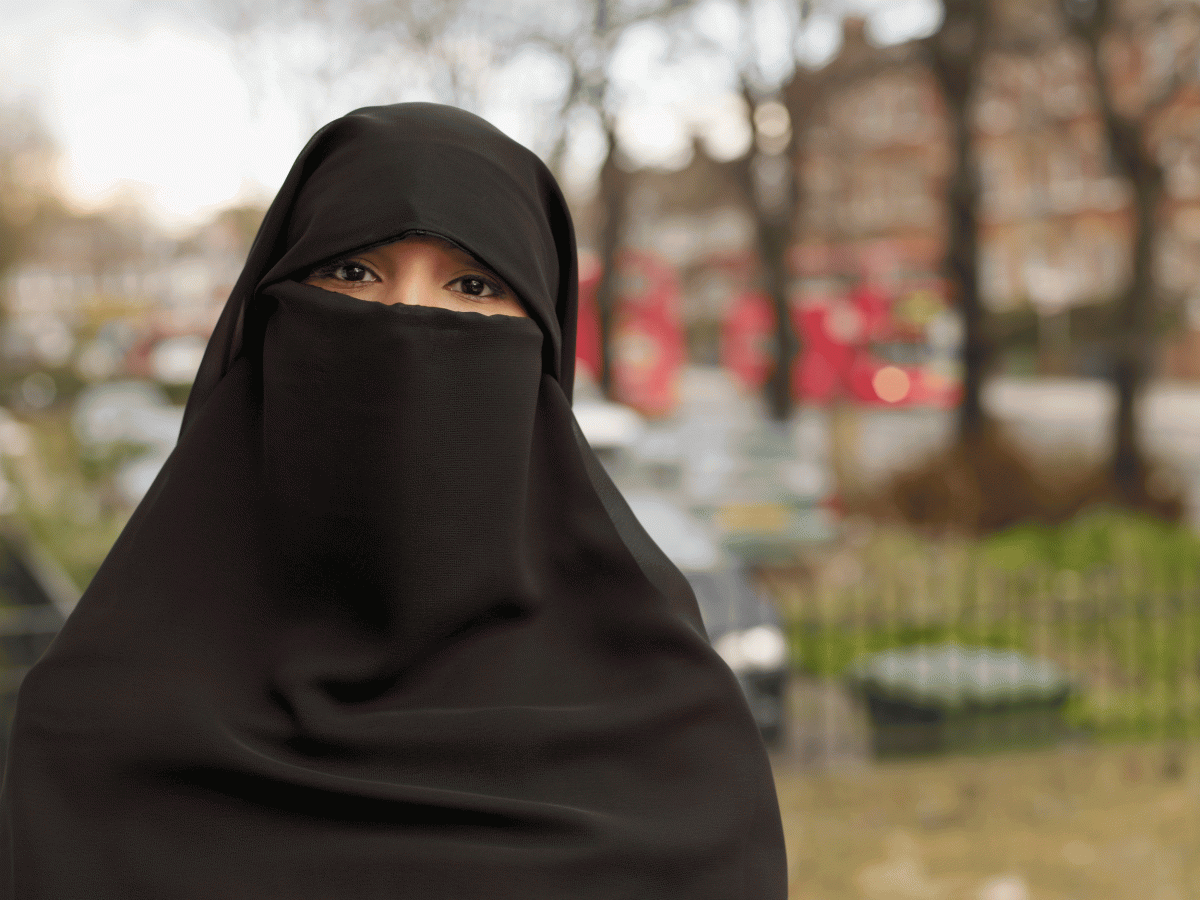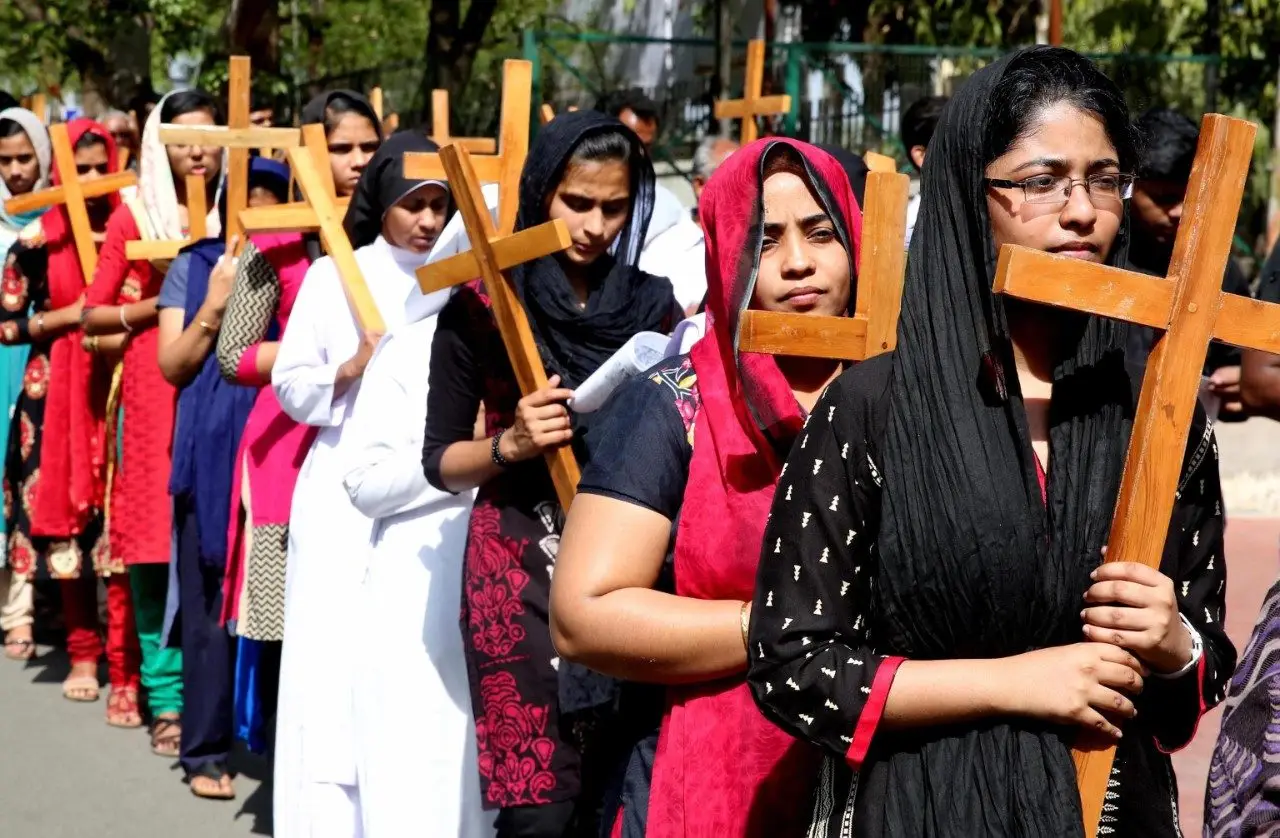
The Dutch ‘burqa ban’ collides with reality, and should make governments think again about policing dress
When I stood as an independent candidate in the Tower Hamlets’ mayoral elections of 2015, a white man asked me what colour my hair was under my veil. I said it was pink. He smiled, so then I added, “Not really, it’s green.” It was a small moment, but it got me thinking. I wrote an article – My Hair is Pink Under This Veil – and delivered a talk at Cambridge University.
Muslim women have endured all manner of law makers, politicians, and the public, giving them fashion tips. They think they’re trying to empower us. The former leader of the Commons, Jack Straw, claimed that community relations would be improved if they ditched the veil; former prime minister David Cameron commented that Muslim women were “traditionally submissive”.
Both white male politicians faced a backlash from the very Muslim women they thought they were liberating from enslavement.
In October 2018, the UN criticised France for violating women’s rights, stating that rather than protecting women with the country’s ban on clothing that concealed faces, its consequence would be to confine them to their homes and marginalise them.
And just two days ago, the Partial Ban on Face-Covering Clothing Act, or burqa ban, came into force in the Netherlands. This law not only prohibits women from wearing face coverings such as burqas and niqabs on public transportation, in government buildings or at health and education institutions, but also outlaws anyone wearing full-face helmets, ski masks and balaclavas in the same places.
Muslim women wear a burqa as a symbol of their religious belief and religious freedom, in the same way that a Sikh would wear a turban. Veils (mantillas) are worn by some devout Catholic women in the UK and are a common sight in Spain and other Catholic countries in Europe.
The problem is that the burqa ban is unworkable.
Dutch police and transport companies have expressed a reluctance to enforce it. The police have stated that the ban is not a priority, so will not be able to respond within the usual half hour timeframe. The Dutch government now insists that the “partial ban doesn’t target any religion and that people are free to dress how they want”.
The reality of trying to impose a ban on what women wear proves that without the common will of the people, prejudicial laws such as the burqa ban are ineffectual. To restrict what people can wear based on their religious beliefs is a violation of human rights. Liberal western democracies cannot promote freedom of choice and expression on the one hand if they try and restrict what clothes people wear with the other.
The main question frequently asked about my veil (or hijab) is, “Is the veil really a choice, or is it a symbol of oppression?” People have every right to ask and as Muslim women we should respond in a way that helps others understand, not see questions as a challenge.
Let us not fool ourselves; without doubt, there are women who live in family units where they are forced to wear the veil. But there are people of all colours, cultures and religions who have husbands or wives who dictate what they should wear, what they should do and to whom they may speak.
Controlling relationships are not just a Muslim issue.
At primary school, a teacher decided to both impose the burden of representation on my young shoulders and question my Britishness when she informed my class that they should feel “privileged to have me as a classmate” because it would “widen their horizons”.
There are many powerful Muslim women in prominent positions who have overcome societal preconceptions to pursue their goals, which is testament to their fortitude. And there are tens of thousands of hijab-wearing Muslim women who will never have power but also challenge preconceptions when they walk out of their front door in the morning.
Muslim women are more than able to fight for their equality but need to be supported and celebrated to achieve that – just like women all over the world.
Enshrining common prejudice in law achieves nothing apart from exposing the lack of common sense of those who draft them.
credit: Rabina Khan is a Bangladeshi-born writer and politician. She is a Liberal Democrat councillor for Shadwell in Tower Hamlets | Saturday 3 August 2019 13:30 | independent.co.uk



